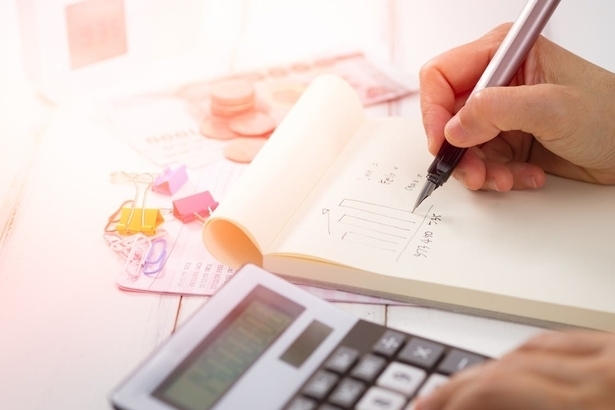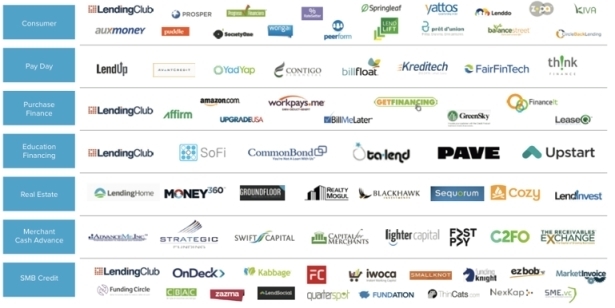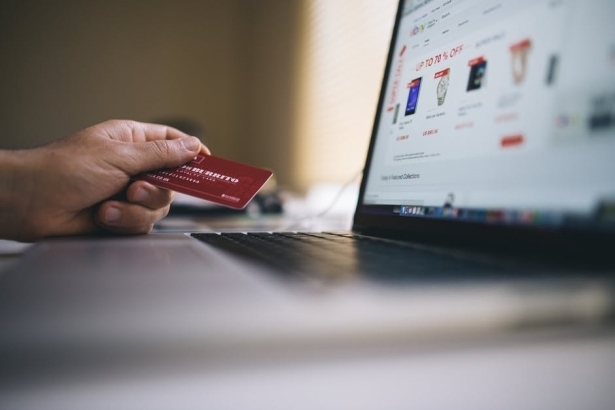Anyone who first hears about peer to peer lending and its amazing high-netting return potential is incredulous about all of its claims…I was…you were….everyone was! It just sounds like a scam.
After the initial skepticism was overcome (through research and a bit of trial and error) You got hooked but still found it hard to explain to others how it all works. How and why peer-to-peer lending platforms are capable of generating annual return rates between 8% and 10%….those numbers just sound too crazy to be true….
...





